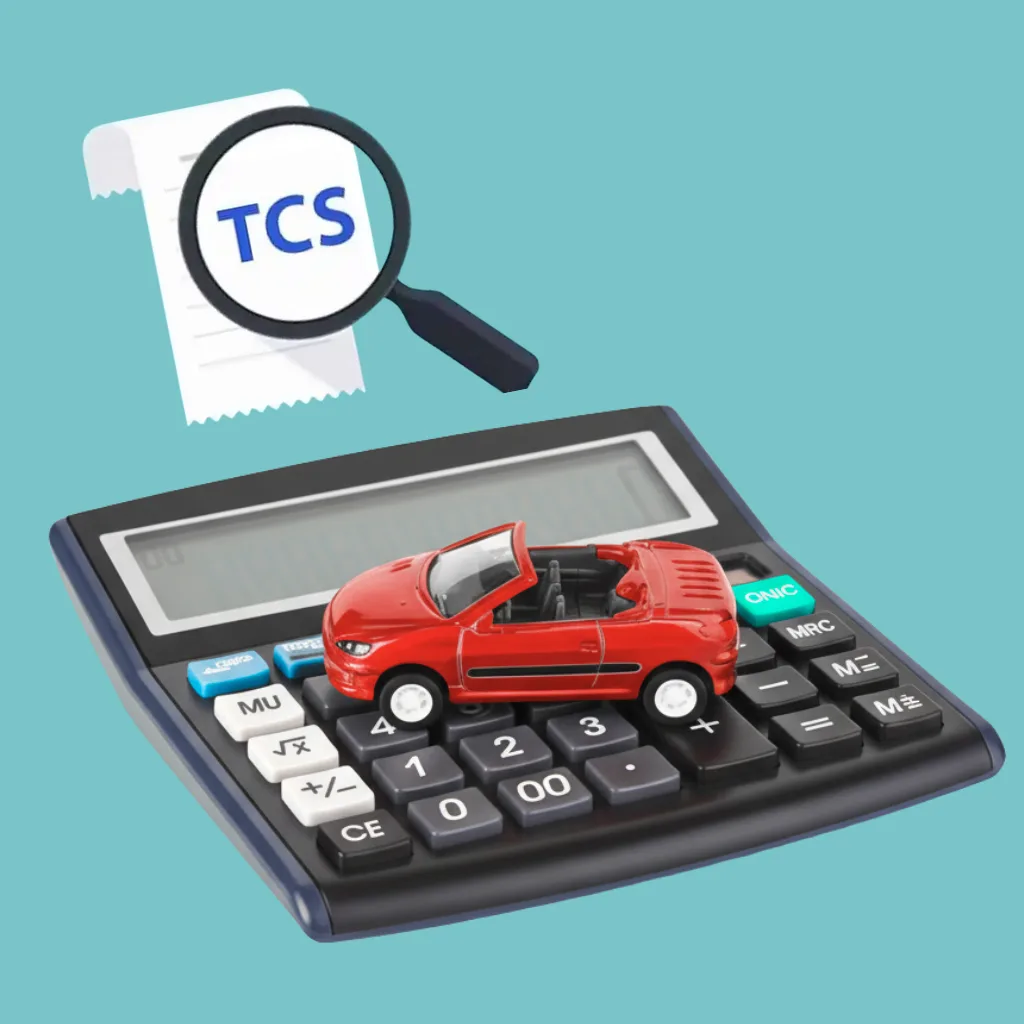When you buy a new car, you might see something on your bill called TCS, which stands for Tax Collected at Source. Don’t worry, it’s not a new or extra tax! Think of it as a small advance payment on your income tax. The car dealer collects this money from you when you buy the car, and then they pay it to the government.
When Do You Pay TCS?
You only have to pay TCS if the price of your new car is more than ₹10 lakh. The amount you pay is always 1% of the car’s ex-showroom price. So, if a car costs ₹15 lakh, you pay ₹15,000 as TCS.
Your Money, Your Tax
The car dealer gives you a special form, called Form 27D, as proof that you paid TCS. When you file your tax return (your ITR), the money you paid as TCS will be shown there. The government then uses that money to pay part of your tax for the year. If you paid too much in tax, you will get the extra money back as a refund.
Why is TCS Collected?
TCS is a mechanism used by the government to track high-value transactions and ensure that individuals contribute to tax revenue at the point of certain purchases. While it’s an upfront payment, it ultimately helps simplify your tax filing process by acting as a pre-paid portion of your tax.




